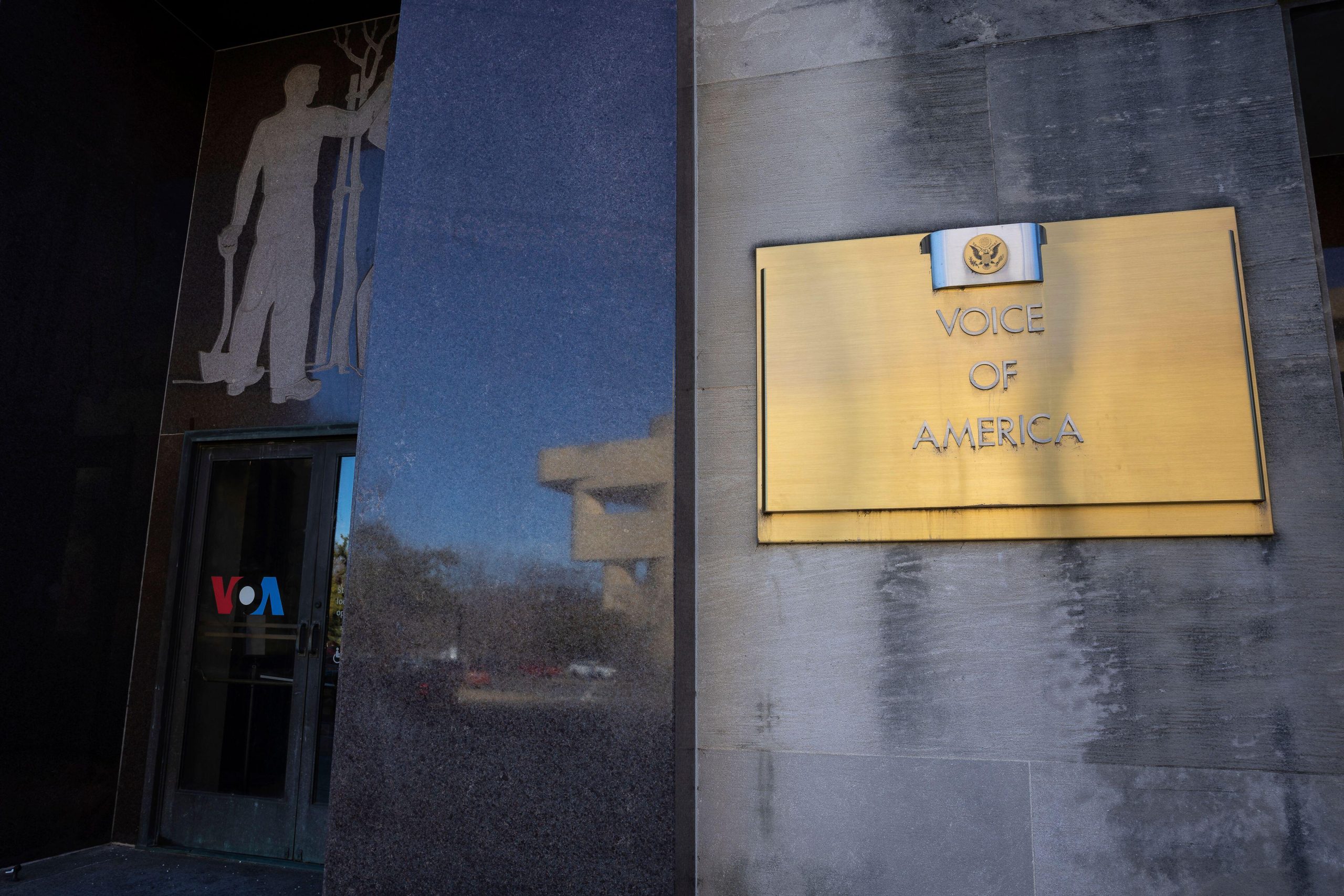 The European Arrest Warrant is a valuable tool, writes Chris Huhne, but it should not be used to restrict freedom of expression
The European Arrest Warrant is a valuable tool, writes Chris Huhne, but it should not be used to restrict freedom of expression
The case of the odious Dr Frederick Toben is destined to become a cause celebre precisely because such hard cases test fundamental liberal principles. ‘I disapprove of what you say’ goes the maxim, ‘but I will defend to the death your right to say it.’ My position is the same on Dr Toben. Dr Toben’s views about the Holocaust are offensive, ugly and wrong. But freedom of speech is the cornerstone of liberal democracy without which all the other freedoms flounder. We restrict that freedom at our peril and only in extreme circumstances (such as incitement to racial hatred and violence).
Much of my political life I have spent fighting racism including anti-Semitism. I was proud to be a member of the path-breaking all-party parliamentary inquiry into anti-Semitism in 2006, and to champion practical measures to tackle its growth in Britain. But I now find myself oddly defending Dr Toben’s right to deny that the Holocaust happened, and to refuse his extradition to Germany under a European Arrest Warrant.
In Dr Toben’s case, the European Arrest Warrant is being used to detain someone who lives in Australia and who was changing planes at Heathrow, but is accused of the offence of holocaust denial in Germany. Dr Toben has not committed an offence under British law or indeed under the law of 17 of the 27 European Union member states. I respect the right of Germany, Austria and others to criminalise Holocaust denial, but I do not want to imitate them. That is why the courts should refuse extradition when they consider the matter today (Friday).
The legal controversy does not end with the use of the warrant. Dr Toben is accused in Germany but his offence is to post on an Australian website. Germany has taken on itself the role of censor, because of the capacity to download content in Germany. It is hard to see where such an attempt to extend jurisdiction might end, or what its chilling effects on freedom of speech might ultimately be.
The legal technicalities may yet stop Dr Toben’s extradition. The arrest warrant is designed to respect each European Union country’s legal system by allowing automatic extradition, although it allows British courts to assess whether someone’s fundamental rights are being challenged. A clause in the legislation also allows our courts potentially to refuse extradition because the offence was committed outside the territory of the issuing member state, and does not allow prosecution here.
At least one member state — Belgium — has already said that it will look behind a warrant to assess whether it should be executed. Poland issues about a third of all European arrest warrants, and are said to treat abortion as murder. However, the Belgians have said that they will not execute warrants for abortion or euthanasia. Belgium’s attitude provides a precedent for refusal.
Whatever the outcome of Dr Toben’s case, though, it highlights why it is important to reopen debate on the arrest warrant. I am not arguing, as the Conservatives do, that it should be ended. In a globalised criminal world, it has proved far too useful in extraditing one of the London bombers from Italy and in shutting down the old Costa del Crime in Spain. In the vast majority of cases, the EU arrest warrant is a good example of how member states can work together to tackle problems much more effectively.
The arrest warrant is extradition for the Ryanair age. If criminals can re-emerge hundreds of miles away in a different jurisdiction within hours of a crime, the state must be able to pursue offenders without the interminable bureaucracy that is such a feature of traditional extradition. But countries must be able to trust each other’s legal systems and the responsible use of the warrant, or the political support for the warrant will wither.
The warrant was principally designed to ensure swift extradition between member states for core offences such as murder, human trafficking, money laundering, organised or armed robbery, rape and terrorism. When the legislation was considered, the Commons committee warned about the inclusion of racism and xenophobia in the list of offences where it was unnecessary to prove it was against the host and issuing country’s law, precisely because of differences in interpretation from one EU country to another.
The cleanest solution would be to exclude racism and xenophobia. But there may be other solutions that respect the essential differences in history and culture from one member state to another. In Britain, we value freedom of speech too highly to see it sacrificed because of the racist views of an oddball academic. Nor should we turn Dr Toben into a misplaced martyr. Strength of argument, widespread outcry and ridicule will defeat the Holocaust deniers. Let us not dignify their status or their argument with prosecution.
Chris Huhne is the Liberal Democrat Shadow Home Secretary.





